2010s
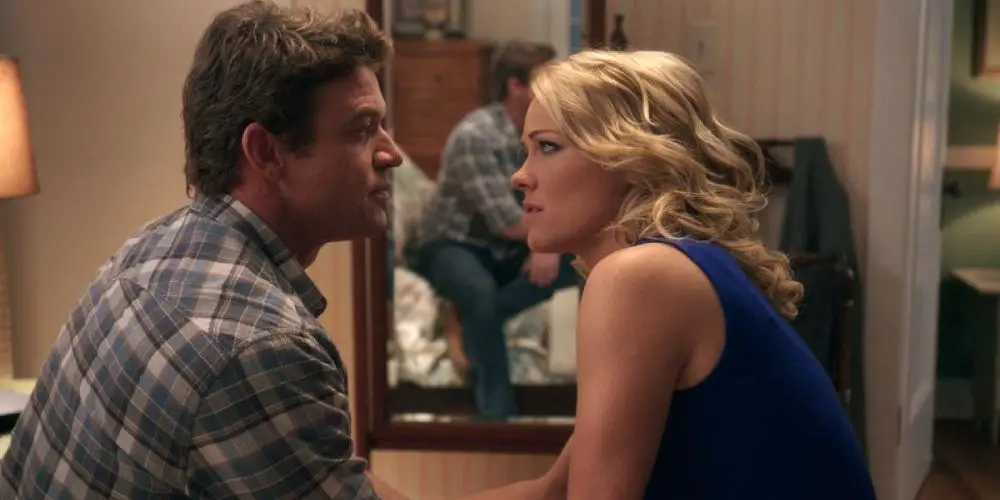
Every now and then there is a movie or two that’s so bad that you actually find yourself walking away from it halfway through, or having to pep talk yourself into finishing watching – that’s the category that Is That A Gun In Your Pocket? falls into. The film is an attempt at comedy written and directed by Matt Cooper, starring Andrea Anders, Matt Passmore, John Heard and Cloris Leachman.
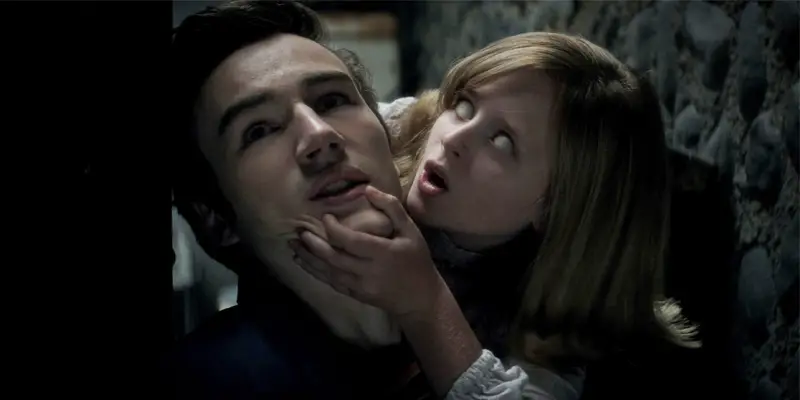
Horror is in an extremely interesting place at the moment. Thanks to the rise of video-on-demand platforms and new technology, barriers between creator and distributor are disappearing, the amount of independently-made films are rising and the availability of these films is quite accessible. The trade-off of this is the problem of quantity over quality, which has meant that, much like the exploitation era of filmmaking in the 1970’s, every new or original film that is successful is followed with a string of derivative imitators, looking to cash in on genre recognition or fans looking to branch out on that particular subject matter.

Interpreted from the widely popular young adult fantasy novel by Ransom Riggs, Miss Peregrine’s Home for Peculiar Children is home to the latest magical world from the mind of Tim Burton. Alas, there is no appearance from Johnny Depp or Helena Boham Carter, yet there is no doubt that the somewhat creepy, dire visuals on-screen belong to a Tim Burton film. Aside from the visuals and construction of characters, though, there isn’t much more to this book adaptation.
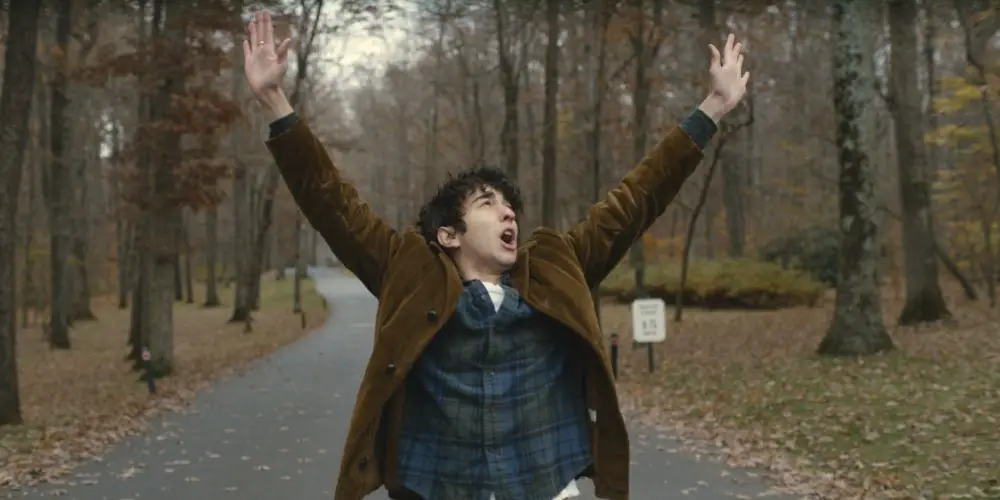
Based on the real life personal experiences of writer and director James Steven Sadwith, Coming Through the Rye offers a strange and circuitous coming of age teen drama about a young boy named Jamie Schwartz who seeks out the reclusive author of “The Catcher in the Rye”, J.D. Salinger, in 1969 New Hampshire.
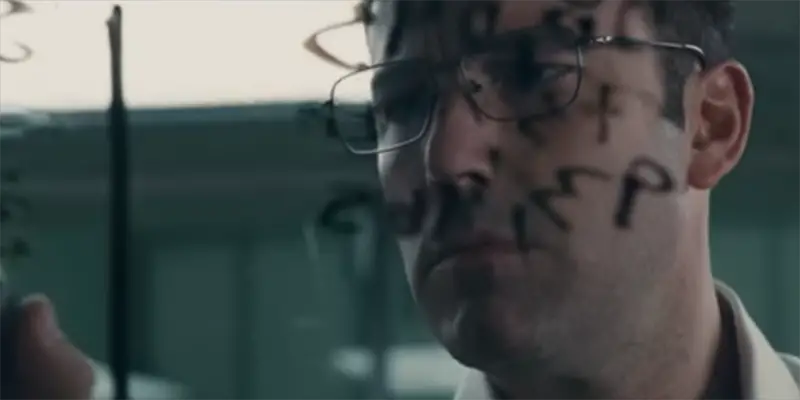
Walking out of the theater, all I could think about was how much I had enjoyed watching The Accountant. It had the right amount of action, comedic relief and character depth – specifically with the film’s main character, Christian Wolff. When it came time to sit and write about what I had seen, though, I found that this great movie may have been more lacking than I had initially thought.
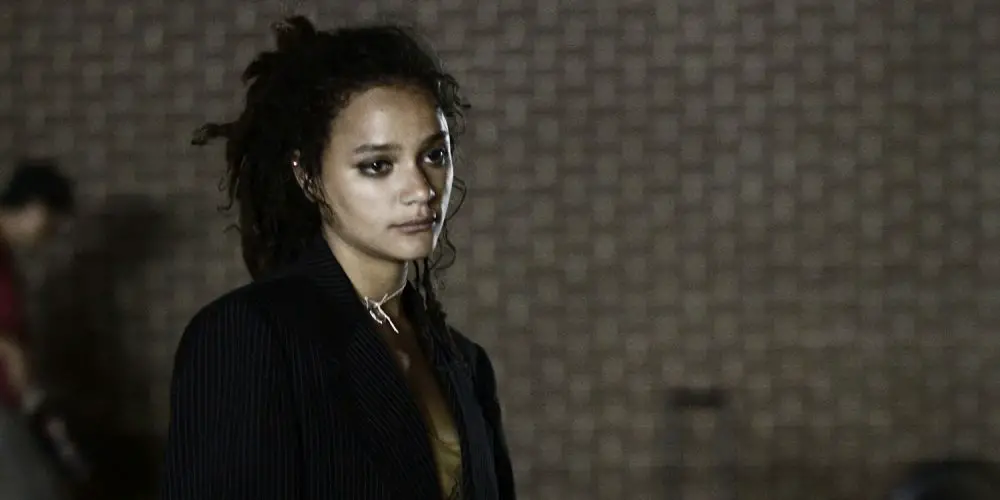
Andrea Arnold is without a doubt cinema’s leading creator of stories depicting the trials and tribulations of working class women, with an entirely non-judgemental eye. Translating her social realist style across the Atlantic, keeping the inherent themes relevant to the lower classes intact, would seem close to impossible, although due to an unfortunate stroke of luck, the Presidential election has made the general idea of class in an overwhelmingly middle class country relevant yet again. Many audiences have been so transfixed by the way Arnold and her long-term cinematographer Robbie Ryan have captured the sweeping vistas of America, a world completely alien to the council estates of earlier films Red Road and Fish Tank, that they have seemed to ignore the fact this is unmistakably a distinctive piece of work.

When the Organisation for Economic Co-operation and Development ranked global education systems in 2015, South Korea came in third. Its strict, demanding schools feed off the country’s zeal for education, with many people believing that your performance in school will determine your lifelong socioeconomic status. Given the country’s recent history, this assumption is far from unfounded.

Skiptrace (originally titled Jue Di Tao Wang) is a 2016 action-comedy film directed by Renny Harlin and starring Jackie Chan, Johnny Knoxville and Chinese actress Fan Bingbing. It is about a Hong Kong cop and an avid gambler that must team together, each for their own reasons, and take down the Chinese crime syndicate and its mysterious leader ‘The Matador’. It is a film that I, in all honesty, did not want to sit down and watch at first but did, due to unmentionable circumstances, and in my forced viewing of this easy-going and lighthearted film, I began to remember why Jackie Chan is one of the most beloved names in Hollywood.
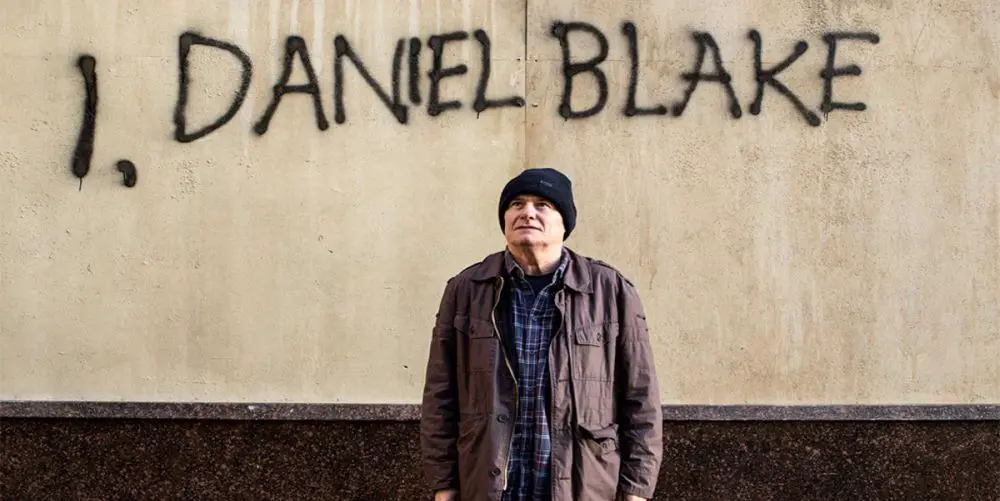
In 2013, Ken Loach seemed destined to enter the pantheon of filmmakers who bow out with a movie that was, at best, inconsequential to the hard hitting filmography that came before. His proposed final film was 2014’s Jimmy’s Hall, a film about the tensions between the Catholic Church, local government and the vibrant youth culture of 1930’s Ireland. For one of the most important British filmmakers of all time, bowing out with a period piece that paid more than a little narrative debt to Footloose ensured underwhelming results.
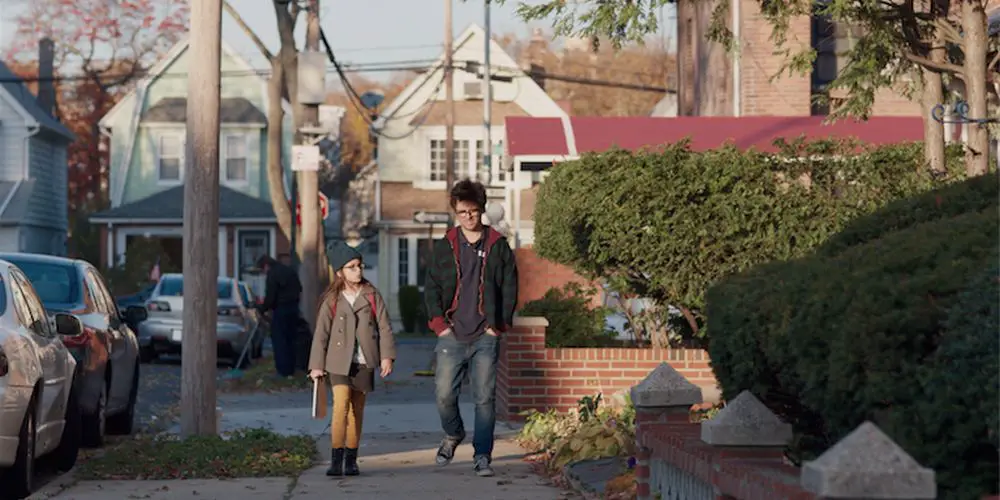
A midlife crisis is roughly defined as a period of anxiety and disappointment reflecting on your past as you approach middle age. Those going through a midlife crisis are noted to act irrationally compared to their previous behaviour in a need to get out of a self-perceived rut. It has often been noted that no two people react to the dawning of maturity in the same manner, even if the cause of the anxiety is always the same.
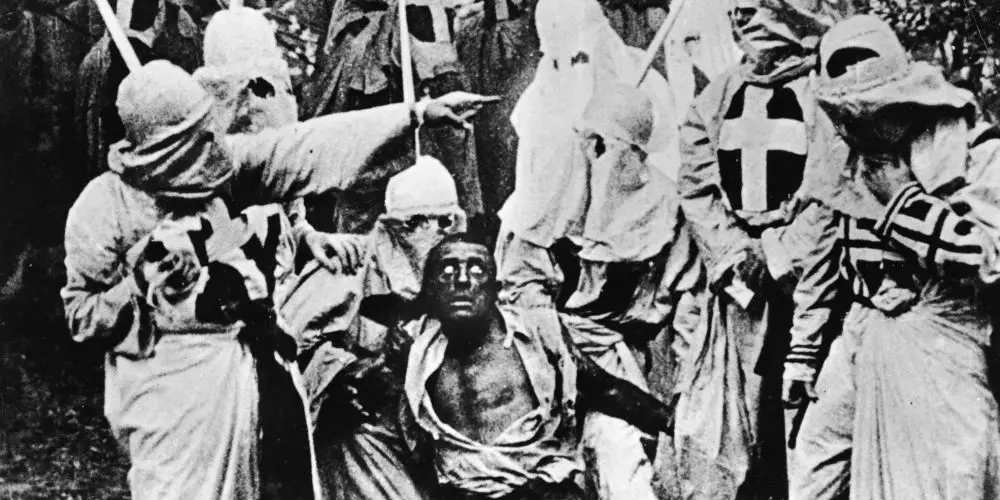
Ava DuVernay returns to the documentary format with 13th, a look at the amendment of the United States Constitution that simultaneously abolished slavery and established a loophole for denying rights to targeted groups. The troubling wording in the amendment has to do with convicted criminals, who are the only people exempt from the abolishment of slavery and involuntary servitude. That exemption, while small at the time, has snowballed into a huge issue thanks to America’s system of mass incarceration.

Bleak thrillers that satirize the modern nuclear family seem to be increasing in popularity in recent years. The most prominent example would obviously be Gone Girl, based on Gillian Flynn’s novel of the same name and directed by David Fincher. The latest film that could classify within this subgenre is The Girl on the Train, which contains many similar elements to Gone Girl, including a mysterious disappearance of a woman, which the film’s events revolve around.

Coming Out is the personal story of young filmmaker Alden Peters. The film follows his coming out process as he tells his parents, friends and siblings how he has repressed his sexuality for a number of years. In using a homemade video style of filming, Coming Out gives us an insight into not only Peters’ journey but into his mindset as he starts to immerse himself into the 2016 LGBTQ lifestyle.



